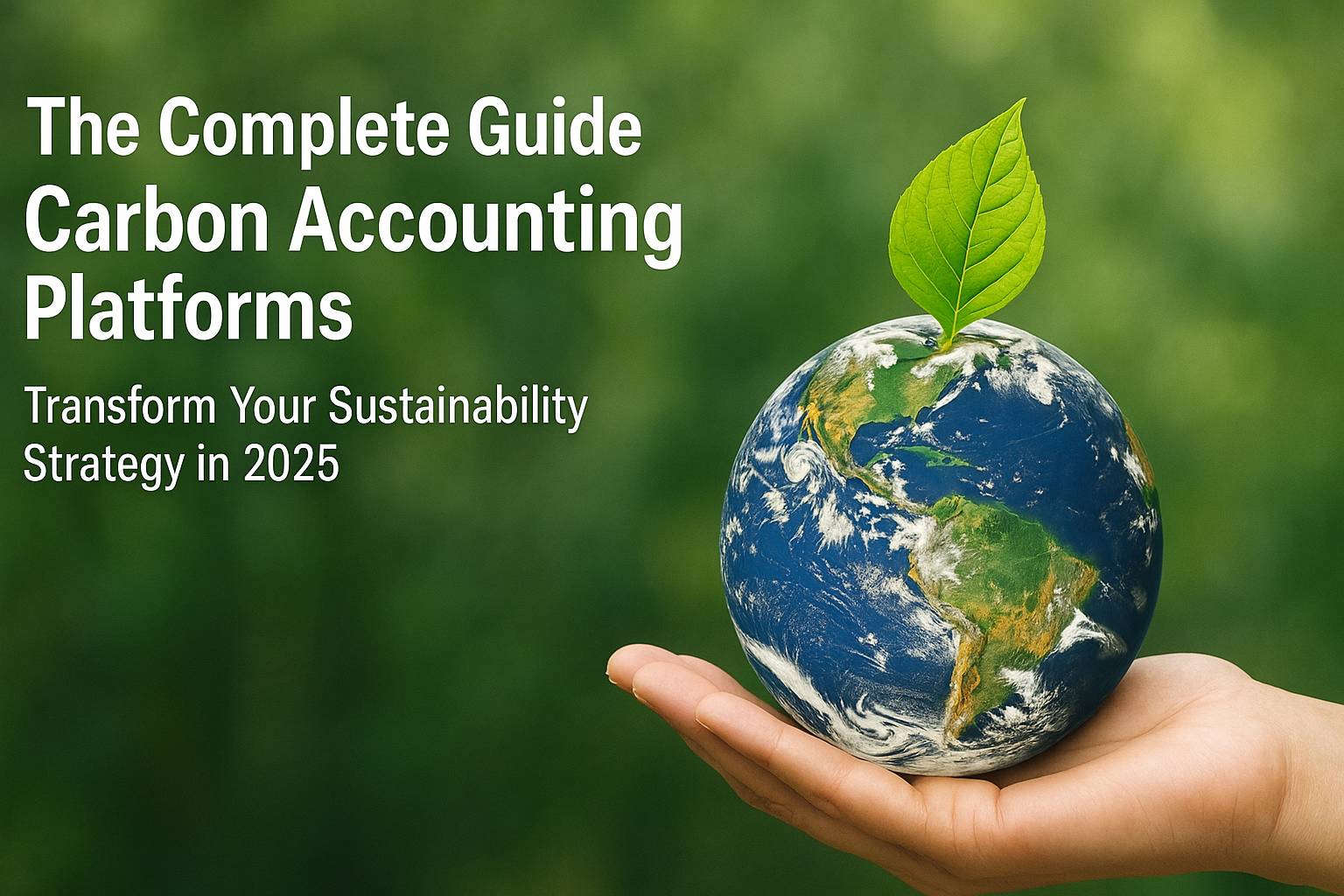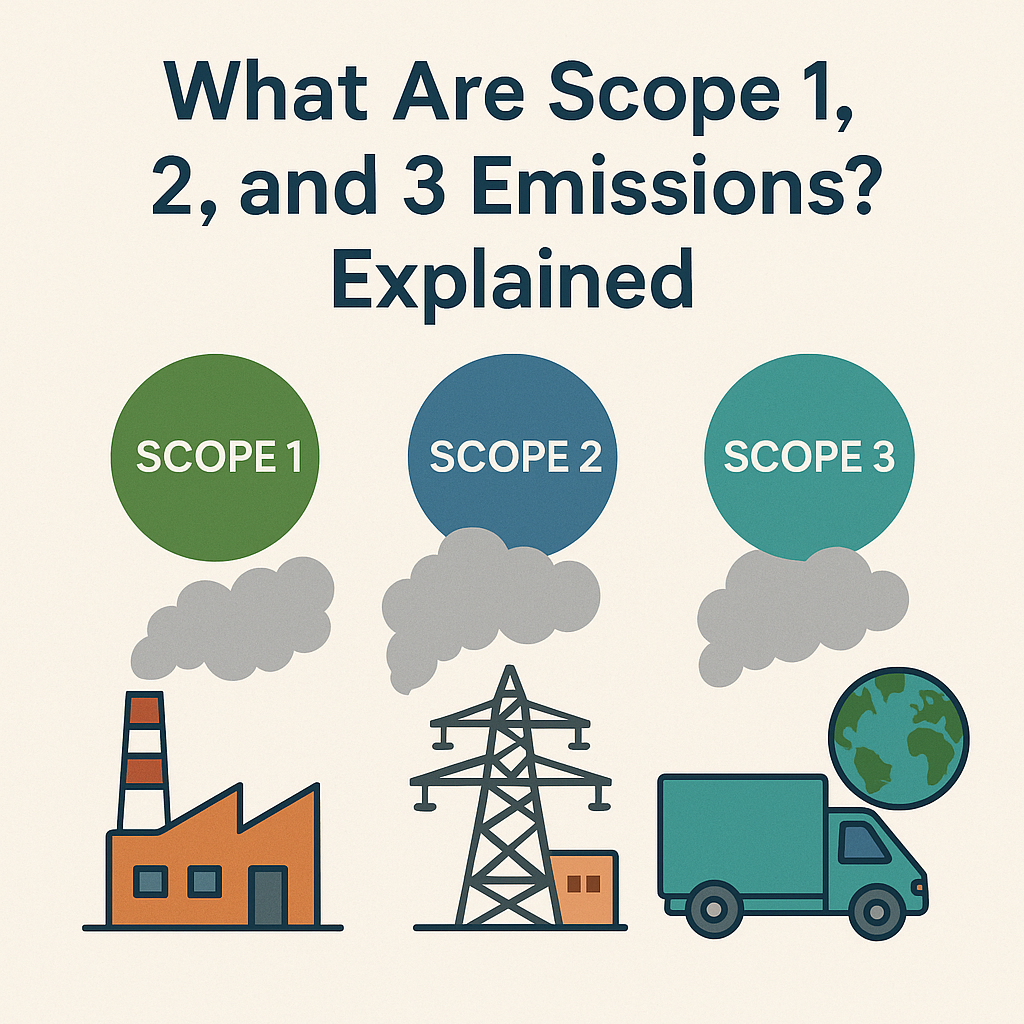Understanding carbon consciousness
Carbon consciousness refers to the awareness and concern for the impact of carbon emissions on the environment. By being carbon conscious, businesses take responsibility for reducing their carbon footprint and making sustainable choices. This involves measuring, monitoring, and reducing carbon emissions from their operations, supply chain, and products. Key tools for carbon-conscious enterprises include carbon footprint calculators, emission tracking software, and sustainable procurement practices. Implementing these tools can help businesses make informed decisions to minimize their environmental impact and contribute to a more sustainable future.
Importance of measuring impact
Measuring your impact helps you understand the environmental effects of your business activities. It allows you to identify areas where you can make a difference and track your progress over time. By using tools for carbon conscious enterprises, you can quantify your carbon footprint, assess resource usage, and set targets for reducing emissions. This information is crucial for making informed decisions that contribute to a more sustainable future.
Tools for measuring carbon impact
To measure the carbon impact of your enterprise, you can use tools like the Carbon Trust Footprint Expert, which helps you measure and manage your carbon emissions. Another option is the World Resources Institute's Greenhouse Gas Protocol, which provides a standardized framework for measuring and managing greenhouse gas emissions. Additionally, there are many online calculators available that can help you estimate your carbon footprint and identify areas for improvement. By using these tools, you can gain a better understanding of your carbon impact and take steps to reduce it.
Carbon footprint calculators
Carbon footprint calculators are tools that help businesses measure and understand the environmental impact of their operations. They calculate the amount of greenhouse gases emitted as a result of activities such as energy consumption, transportation, and waste generation. By using these calculators, companies can identify areas for improvement and develop strategies to reduce their carbon footprint. Numerous online calculators provide free and easy-to-use platforms for businesses to assess their environmental impact. This information allows businesses to make informed decisions and take steps towards becoming more environmentally responsible.
Life cycle analysis tools
Life cycle analysis tools help carbon-conscious enterprises assess the environmental impact of their products or services from raw material extraction to production, distribution, use, and end-of-life disposal. These tools provide valuable data to identify areas for improvement and make informed decisions to minimize the carbon footprint of the enterprise.
Software for tracking emissions
Tracking emissions is crucial for carbon-conscious enterprises to understand their environmental impact. There are various software tools available to help organizations measure and monitor their emissions. Some popular options include:
- CarbonTrack: This software provides real-time tracking of carbon emissions across different aspects of the business, such as energy consumption, transportation, and waste management.
- EcoLogix: This tool offers comprehensive data analysis for emissions tracking, allowing businesses to identify areas for improvement and set reduction targets.
- EnviroMetric: This software specializes in emissions tracking for supply chain management, helping enterprises monitor the environmental impact of their suppliers and partners.
Using these tools can provide valuable insights into an enterprise's carbon footprint and support efforts to reduce emissions.
Best practices for carbon-conscious enterprises
Carbon-conscious enterprises can reduce their environmental impact by implementing the following best practices:
- Energy-efficient technology: Invest in energy-efficient equipment and machinery to reduce energy consumption and emissions.
- Renewable energy sources: Utilize renewable energy sources like solar, wind, or hydro power to power operations and decrease reliance on fossil fuels.
- Carbon offset programs: Engage in carbon offset programs to compensate for unavoidable emissions by investing in projects that reduce or remove greenhouse gases from the atmosphere.
- Sustainable supply chain: Source materials and products from sustainable suppliers and encourage sustainability throughout the supply chain.
- Carbon footprint analysis: Conduct regular carbon footprint assessments to identify areas for improvement and track progress in reducing emissions.
These best practices can help carbon-conscious enterprises make a tangible and positive impact on the environment.
Integrating sustainability into business operations
Sustainability in a business is a growing trend. Many enterprises are taking steps to integrate eco-friendly practices into their operations. This can include reducing energy usage, using recycled materials, and implementing sustainable supply chain management. A key aspect of integrating sustainability into business operations is to measure and analyze the environmental impact of business activities. By using tools for carbon footprint measurement and analysis, businesses can identify areas for improvement and track their progress towards sustainability goals.
Setting goals and benchmarks
To set goals and benchmarks for your carbon-conscious enterprise, you need to first understand your current carbon footprint. Use a carbon footprint calculator to measure your impact on the environment. Set specific, measurable, achievable, relevant, and time-bound goals to reduce your carbon emissions. You can use tools like the Science Based Targets initiative to help you set ambitious yet achievable goals. Monitor your progress regularly and adjust your strategies as needed to meet your benchmarks. Remember, every small step makes a difference in reducing carbon emissions.
Monitoring and adapting for continuous improvement
To ensure continuous improvement in your carbon-conscious enterprise, it's important to regularly monitor and adapt your impact measurement tools. By regularly assessing and adjusting your strategies, you can effectively track your progress and make necessary changes to reduce your carbon footprint. This involves utilizing various tools such as carbon tracking software, energy consumption monitoring devices, and environmental impact assessments to identify areas for improvement. Adapting your strategies based on the data you collect will allow your enterprise to achieve a more sustainable and impactful approach to reducing carbon emissions.



